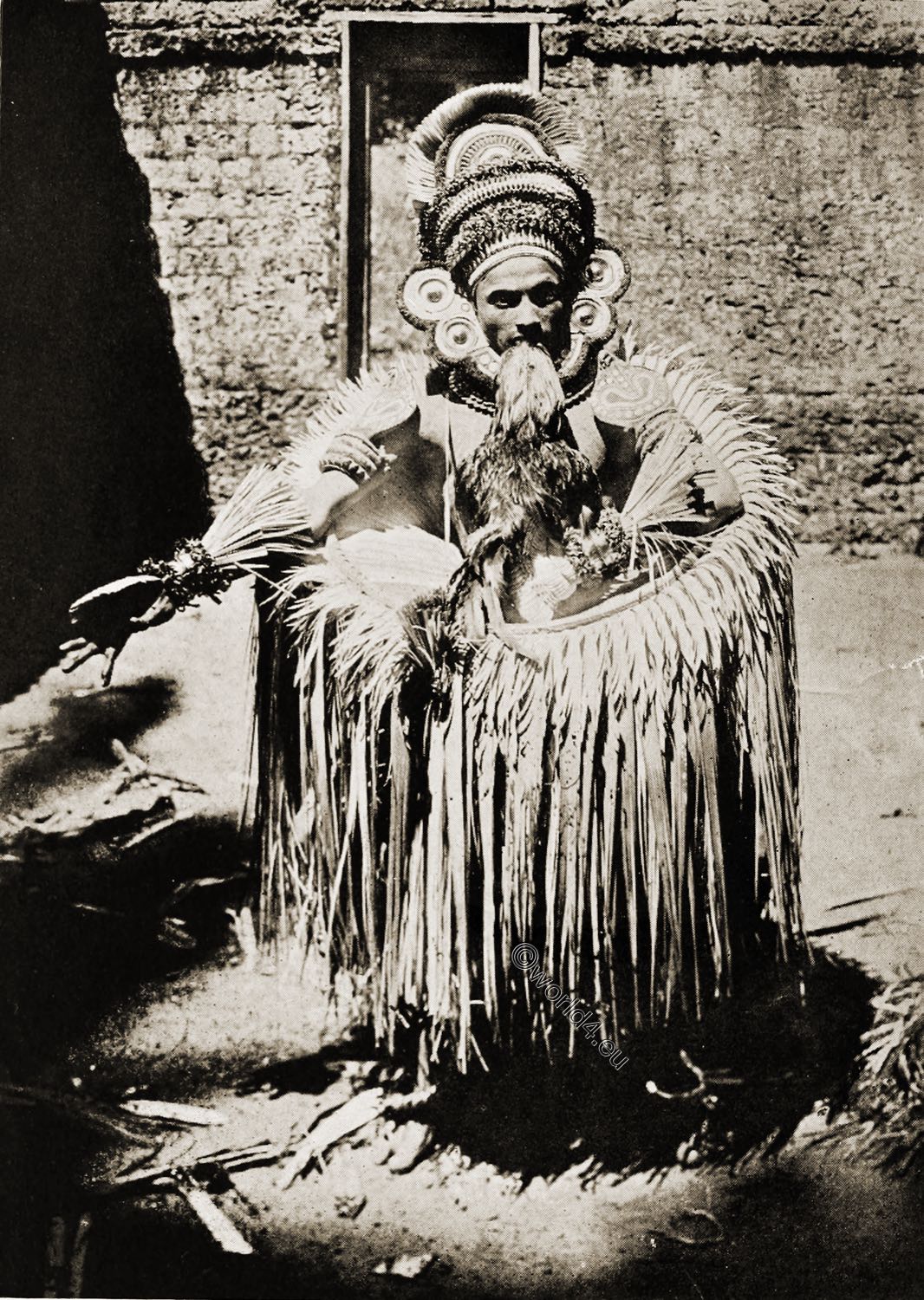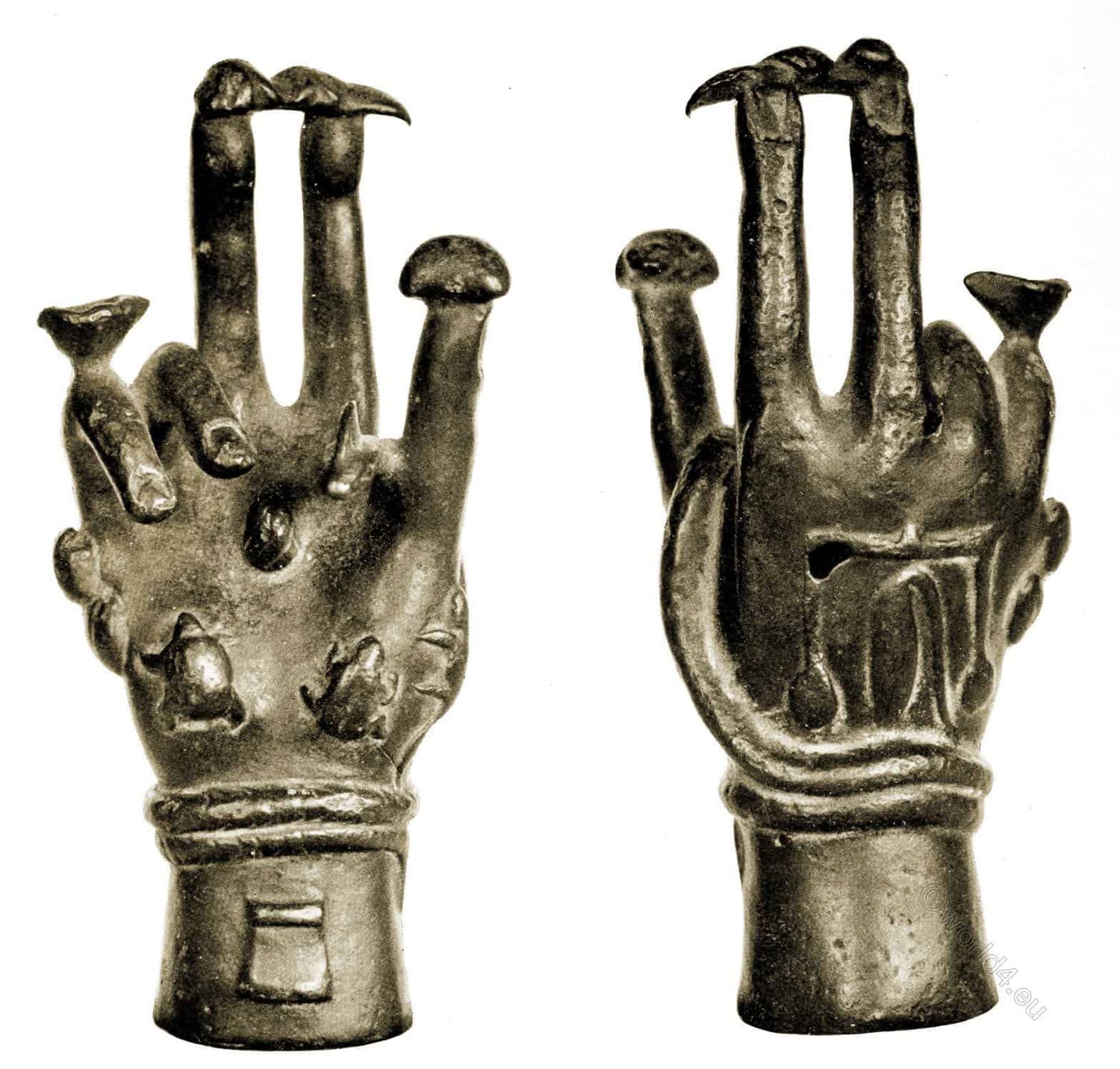Abracadabra.
Abracadabra is regarded as the word that in most languages has the same pronunciation. It is a common term as a magic word which is already in late antiquity may Hebrew, Arabic, Persian or Roman origin.
The meaning or origin of the word is disputed, but an Aramaic origin of the word is most likely.
Abracadabra. A charm. It is said that Abracadabra was the supreme deity
of the Assyrians. Q. Severus Sammonicus recommended the use of the word
as a powerful antidote against ague, flux, and toothache. The word was to
be written on parchment, and suspended round the neck by a linen thread, in the form given above.
A-Bra-Ca-Dabra deals with the first four letters of the Latin alphabet and can be explained by letter magic and alphabet spells, which were widespread in late antiquity: The alphabet has magical power because it can be used to represent all things in the world.
There is probably also a connection to Abraxas, a word that was a word for God in Gnosticism and was also considered the name of a powerful demon since Hellenism, who was often invoked in magic papyri.
Abracadabra may also be derived from the Arabic spell “abreq ad habra”, which supposedly invokes “the thunder that kills”.
Another possible explanation is the Aramaic words אברא כדברא avrah k’davra, which means “I will create while I speak”. Abra from the Aramaic ‘bra’, means “to create”, Ka is translated as “while” and Dabra is the first person of the verb ‘daber’, “to speak”.
In the symbolic doctrine of Gnosticism, the word was used to avert impending disaster, especially to banish disease. Here, as an inscription or engraving on amulets in the dizziness scheme, it indicated the gradual receding of evil. The rule required the word to be written down in full in the first line, then shortened by one or, in some instructions, two letters at a time until only one letter remained. The inscription was to have a triangular shape. It was believed that just as the word loses a letter with each line, so the disease also disappears.
Source: DICTIONARY OF Phrase and Fable giving the Derivation, Source, or Origin of Common Phrases, Allusions, and Words that have a Tale to Tell BY THE REV. E. COBHAM BREWER, LL.D. 1903
New Edition: Brewer’s Dictionary of Phrase and Fable.



